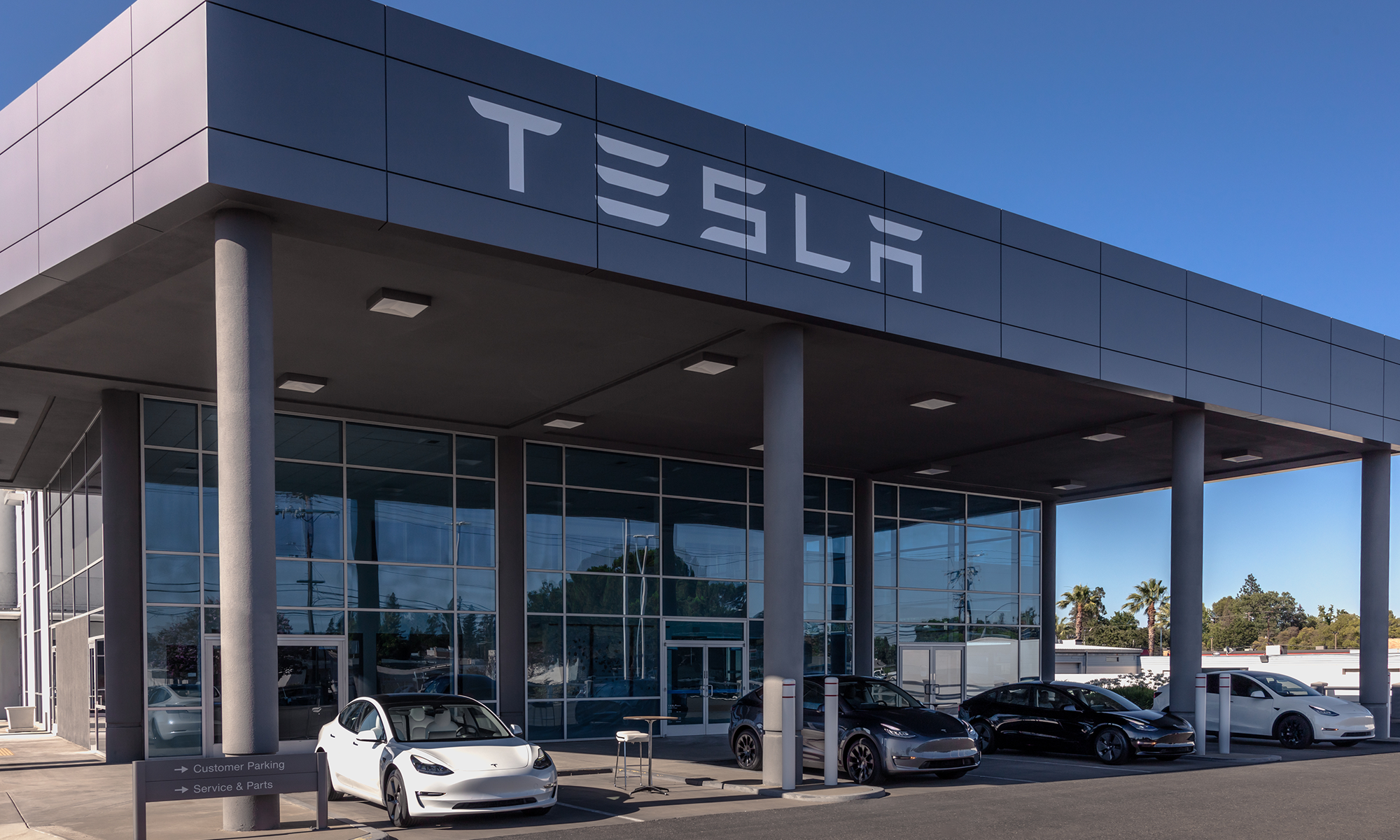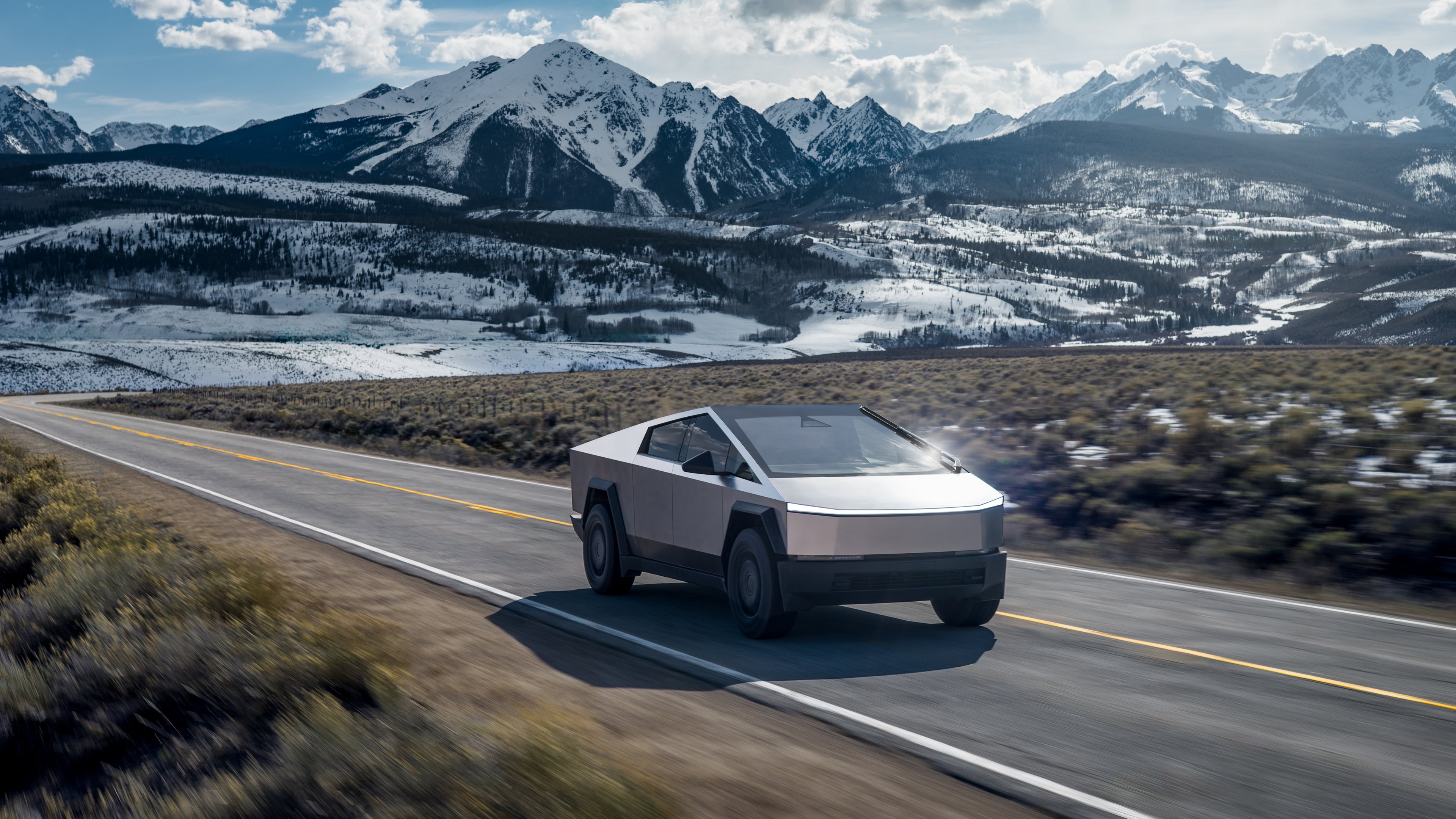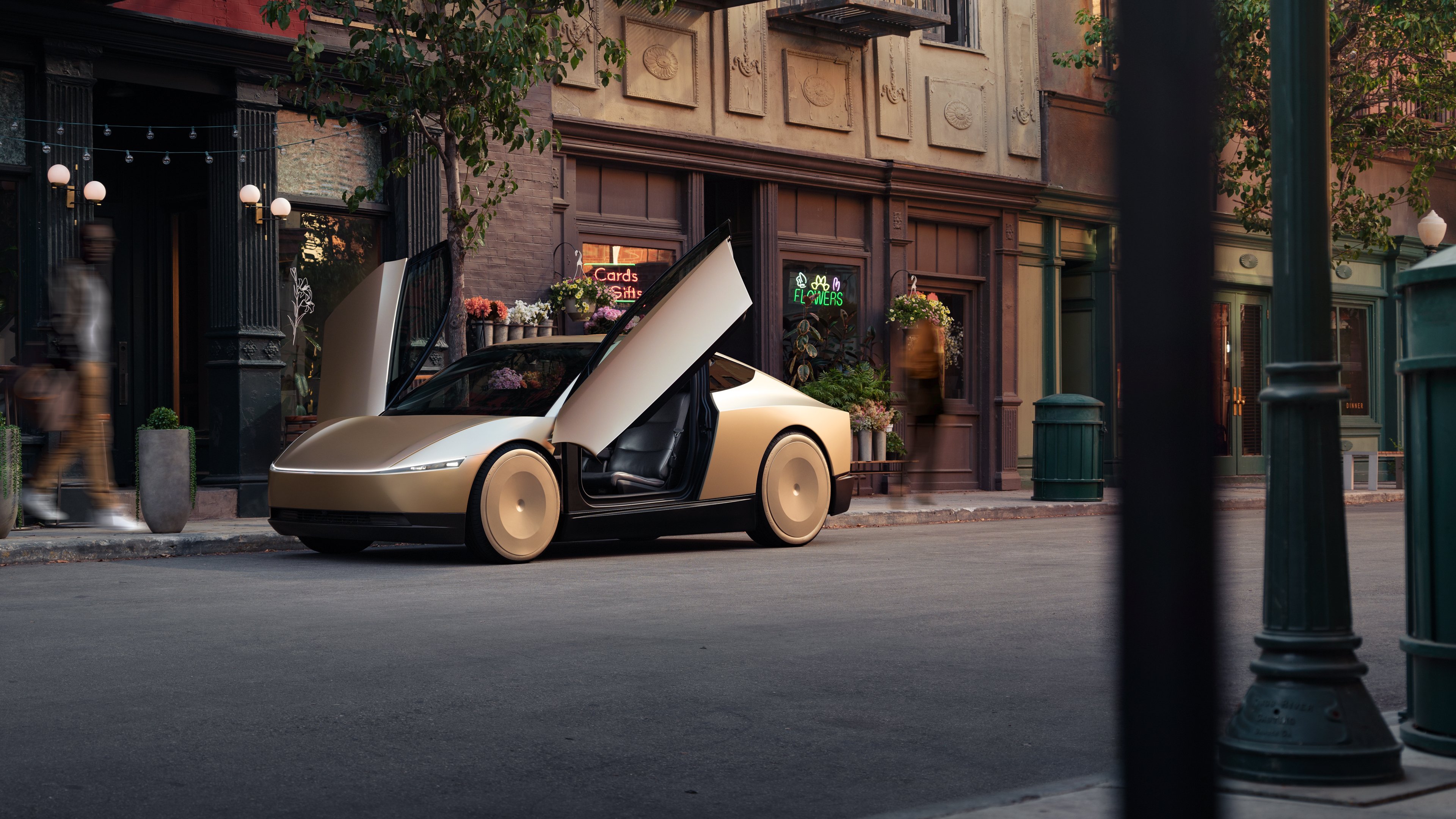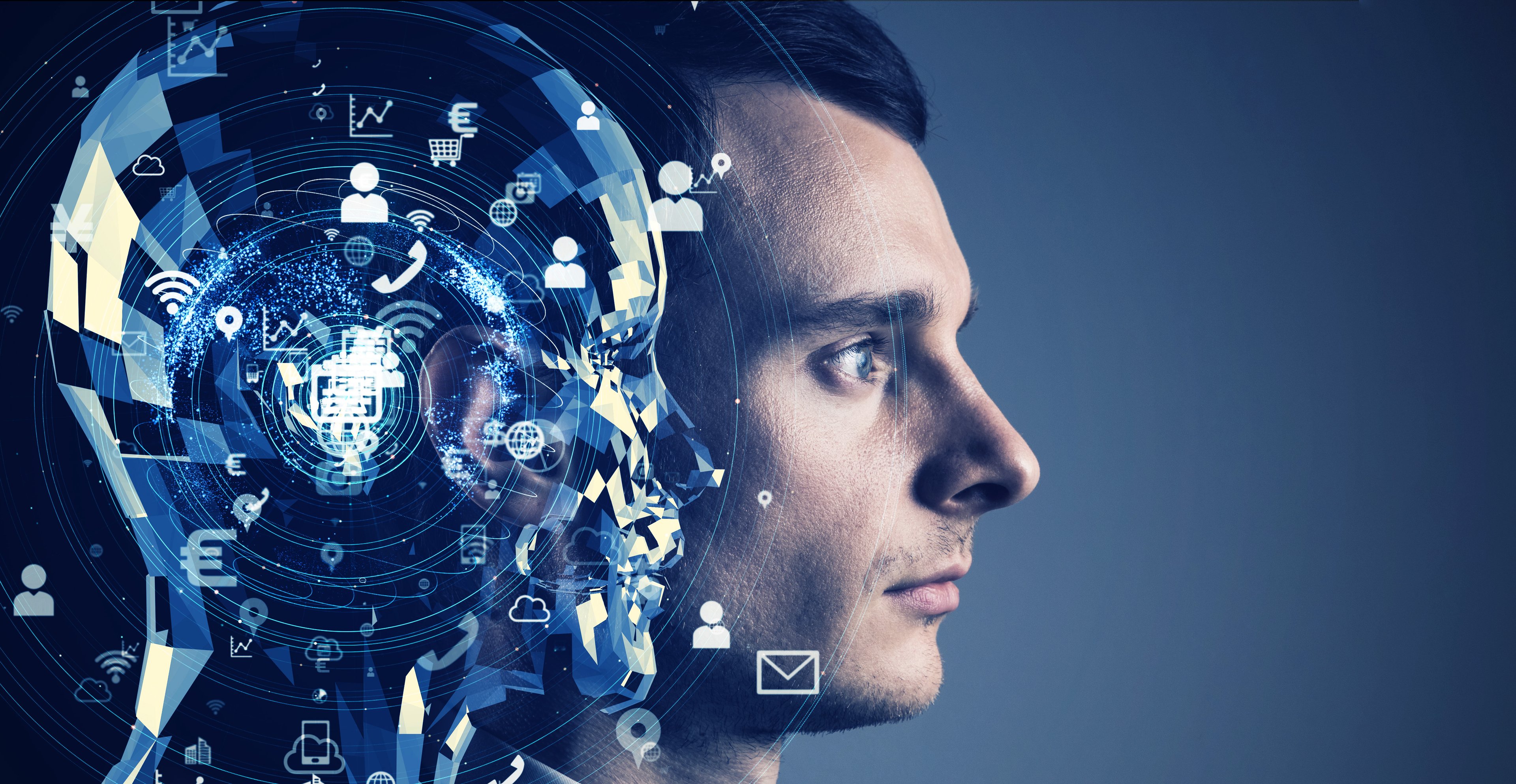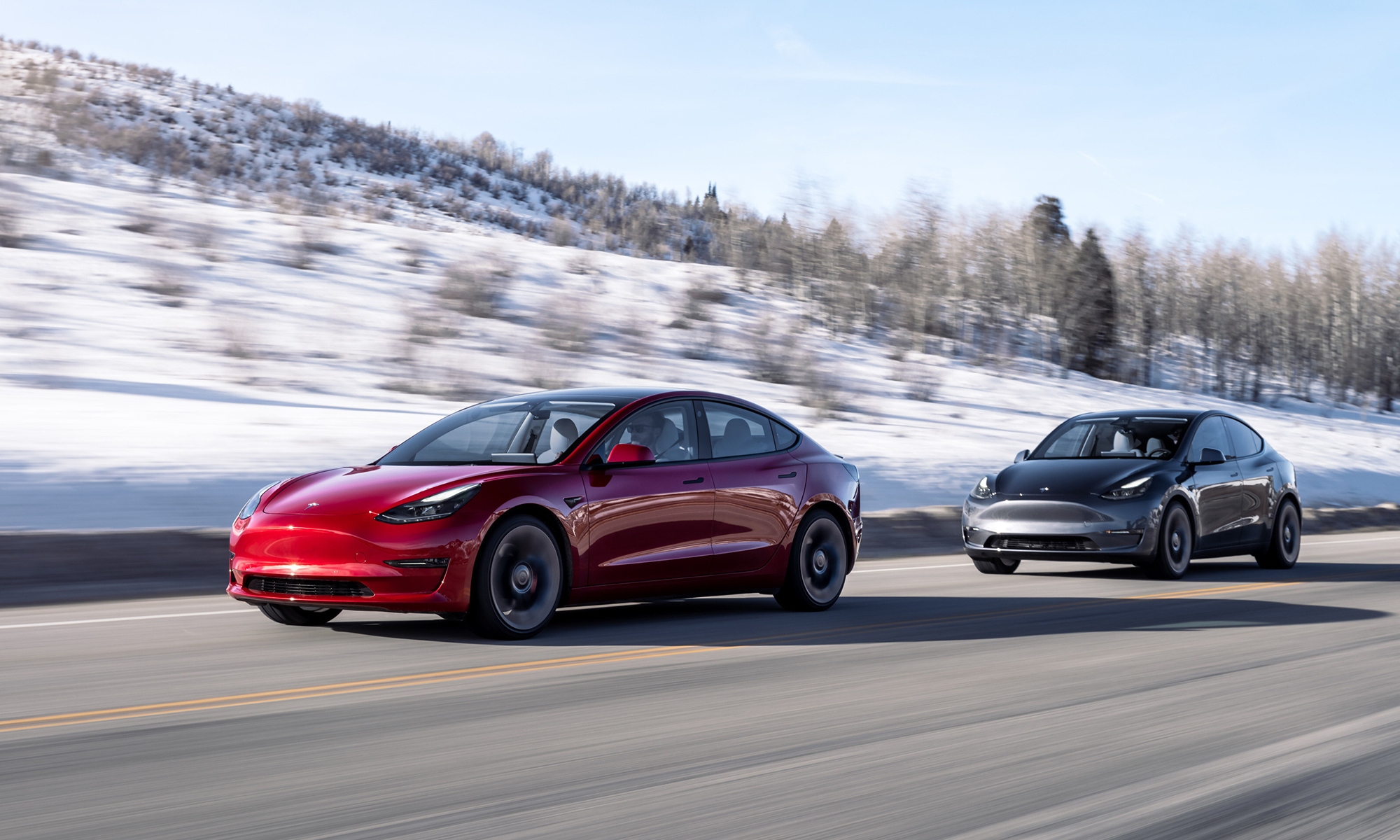Mobileye (MBLY +0.00%), a key player in advanced driver assistance systems, is often cited as the source of electric-car maker Tesla Motors' (TSLA +0.87%) industry-leading autopilot system. While Tesla acknowledges the Israel-based company does serve a key role in the system, the carmaker also relies on tech developed in-house, too.

Model S. Image source: Tesla Motors.
Tesla fires back
After a story last week implied Tesla's autopilot technology could be outdone by a 26-year-old hacker, Mobileye shares fell from about $43.50 to as low as $39.40.
One excerpt from the story, in particularly, probably sparked the sell-off:
"Frankly, I think you should just work at Tesla," Musk said in an email to Hotz, according to Bloomberg. "I'm happy to work out a multimillion-dollar bonus with a longer time horizon that pays out as soon as we discontinue Mobileye."
But Tesla disagreed with themes in the article, issuing a statement aimed to clear the fog.
"The [Bloomberg] article by Ashlee Vance did not correctly represent Tesla or MobilEye," Tesla noted in the statement.
While the "correction" primarily focused on why a single person couldn't build a system on his or her own to compete with Tesla, there was another important takeaway from the note: The Mobileye tech referenced in the Bloomberg piece represents only of a fraction of the autopilot capabilities in Tesla vehicles.
Mobileye's role
Tesla's dependence on Mobileye is related to the Israeli company's vision chip.
"Their part is the best in the world at what it does and that is why we use it," Tesla noted.
But Tesla Autopilot sports plenty of other technology, including "radar, ultrasonics, GPS/nav, cameras and real-time connectivity to Tesla servers for fleet learning," Tesla explained.
Model S takes care of details even when you want to change lanes https://t.co/y5ZQRNMdBk
— Tesla Motors (@TeslaMotors) November 24, 2015
Fleet learning is particularly critical to the autopilot system. By tapping into data provided by all of its cars, the autopilot system improves with every mile driven. Tesla CEO Elon Musk believes fleet learning will improve autopilot noticeably with each passing week.
Further more, the level of in-house technologies in Tesla's autopilot technology will make it difficult for competitors to imitate the tech, the company explained in the note referencing the Bloomberg article.
We should also clarify that Tesla's autopilot system was designed and developed in-house. Were this simply a matter of repackaging a vendor's technology, as claimed in the article, we would not be unique in offering this groundbreaking experience in production vehicles. If other car companies could meet or exceed the Tesla product by buying an off-the-shelf solution, they would do so.
Competitors who want to imitate Tesla's autopilot capabilities, which include automatic steering and lane changes at highway speeds, will need much more than Mobileye tech. They'll need to rig their own hardware and software for a more comprehensive solution.

